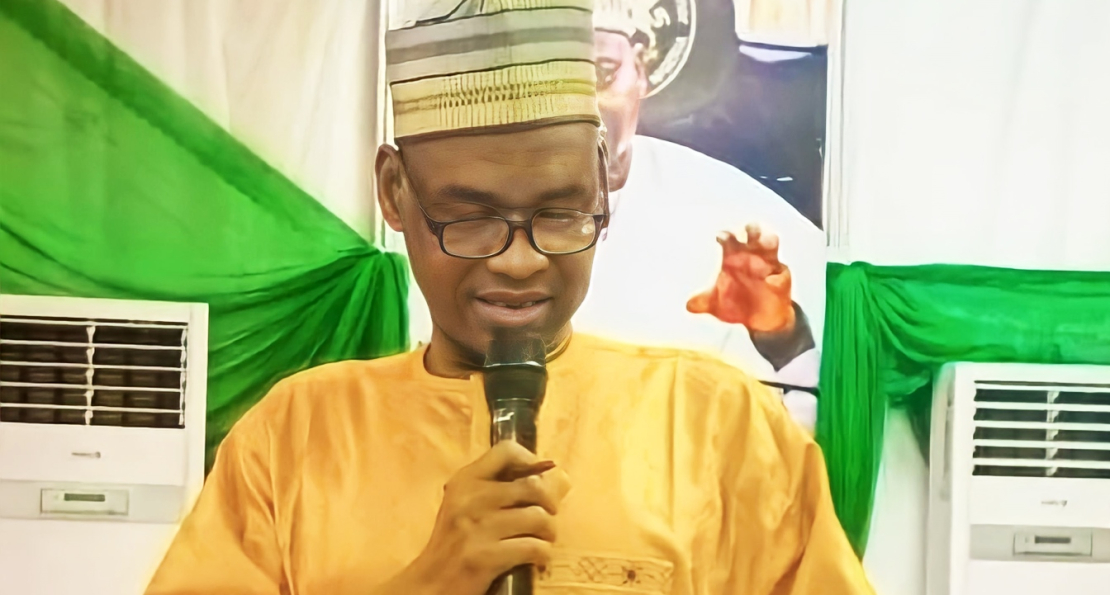Education can play a significant role in addressing and reversing harmful conditions that enable gender-based violence to fester in society. For this to happen, a multi-stakeholder approach is necessary; Governments, educational authorities, teachers, parents, and communities must collaboratively work towards implementing and sustaining initiatives that actively contribute to the eradication of gender-based violence.
The Chair, of Business Administration and Marketing, in the AUN School of Business and Entrepreneurship Professor Ibrahim Danjuma, made this submission in a paper he presented on November 29, 2023, at the Banquet Hall, Government House, Yola.
The paper, 'Role of Education in Preventing Gender-based Violence' was presented as part of activities commemorating 16-days of Activism Against Gender-Based Violence
Organized by the Office of the First Lady, Adamawa State In Collaboration with the Fresh Air Pro-Life Empowerment Foundation [ FAPEF].
In his presentation, Professor Ibrahim Danjuma exhaustively explored the significant role that education plays in preventing gender-based violence, acknowledging how educational attainment, especially by women and girls, can reverse the perpetuation of harmful gender abuse, norms, and negative nuances.
"Education can serve as a transformational force, challenging existing power structures and contributing to the creation and sustenance of safer, more equitable societies, by understanding the nexus that exist between education and prevention of gender-based violence, we can unravel the intricate threads that bind them and, in turn, formulate effective strategies to break the cycle of violence through educational interventions", he posited.
In addition, Professor Ibrahim argued that education empowers individuals to make informed choices and decisions, thereby limiting vulnerability. In the same vein, education expands the opportunities vulnerable groups have to escape the conditions that encourage gender-based abuses while educational institutions foster safe, inclusive environments where females can excel.
Education and the safe learning environment that schools can create and foster are capable of reshaping attitudes, challenging harmful norms, and fostering environments of safety and equality.
"Through these collective efforts, education can indeed serve as a powerful instrument for building a future where violence has no place, and equity is a foundational principle for all", Professor Ibrahim Danjuma concluded.


